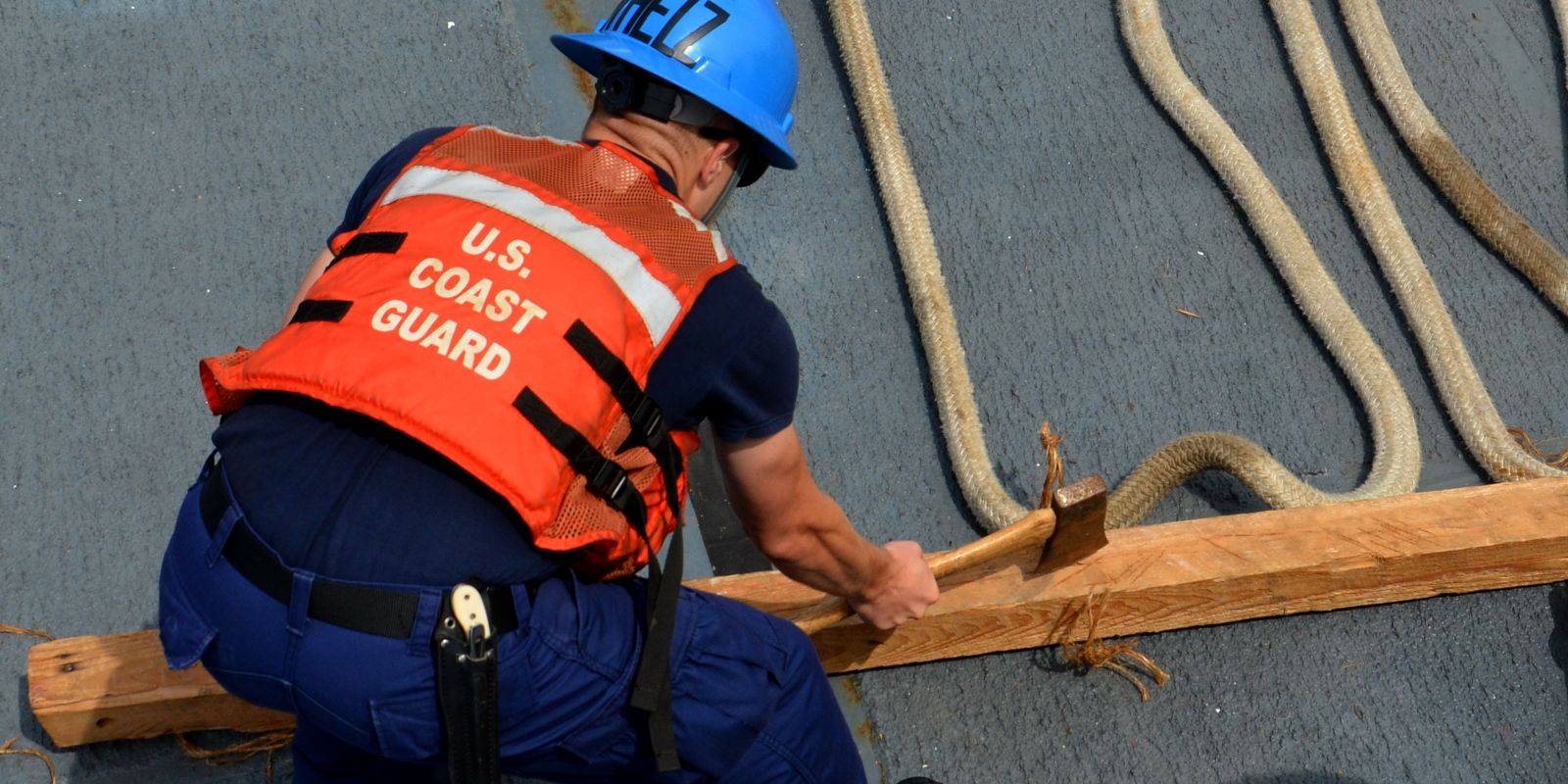HOMESCHOOLING TIPS FOR MILITARY SPOUSES DURING DEPLOYMENTS
COMMENT
SHARE

ADVERTISEMENT
Military homeschooling can be challenging for military spouses, as well as for their children. As our heroes constantly move bases, so do their families. The need for constant adjustments is inevitable for the family, and that's why one of the important things in life, such as studying, can be mainly affected by these factors.
Being flexible, able to adapt, and resilient is one of the important things needed when homeschooling as a military spouse. These are the key factors that will help military spouses lessen the difficulties when partners are being assigned to another area.
This article will help military spouses learn more practical tips and strategies for successful homeschooling in a military lifestyle.
Challenges for Military Spouses During Homeschooling
One of the challenges of military homeschooling is broken boundaries – being the one to teach your kids will break some boundaries in you being a parent and being their teacher. Sometimes, in a study session, your kids may not see you as their teacher. First-time parents may have difficulty with that, which is why setting the tone and setting the proper environment is a must.
Here are a few homeschool challenges that military spouses might face:
- Time Management: Military spouses may face difficulties managing their time as working spouses or just being stay-at-home spouses to watch over their kids.
- Increased Responsibility: As connected to time management, there will be an increase of responsibility, being the parent who's cooking, cleaning, and more, and then being the homeschool teacher for your child.
- Broken Boundaries: Your child may have difficulties setting your relationship with them depending on the behavior given or routines.
- Learning Materials: Setting learning materials for a child can be challenging as we can’t identify what our child needs to learn given that we don't have educational expertise.
- Socialization Concerns for Children: Communication and socialization skills for our child would be at stake as military homeschooling is more on the interaction between the parent-teacher and child. The relationship between a child and a parent is very different from a child's relationship with another child, and it is very concerning if no socialization occurs in this environment.
Nobody Prepared You for Military Life
But we can help. Join over 100k spouses already getting the advice, resources, and military tea they need to thrive.
Creating a Homeschool Routine for Military Families
Setting the proper routine for homeschooling for military families has a good and huge outcome. It creates a habit for your children as well as for yourself.
So, finding the proper routine is crucial, as finding an effective way to help your family can take years. Here are the factors you must consider when establishing a straightforward routine:
- Time Scheduling: Create a realistic schedule, do time blocks, and separate the time for studying and the time for the family.
- Variety & Engagement: Keep activities engaging & meaningful, but also fresh and interesting. Try mixing hands-on learning, and more.
- Assessing Progress and Adjusting: Celebrate small progress, and address what needs to be improved.
- Parent's Role and Energy: Assess how much time and energy you can devote to military homeschooling daily. Share duties with other family members when possible.
Preparing for PCS Moves and Homeschool Transitions
Homeschooling in the military is not always easy, but the options are not limited. Flexibility will help you lessen the pressure and stress of such transitions or moves. With proper and concrete planning, transitions and moves can be smooth to maintain the military homeschooling routine despite having changed.
Expect emotional and social changes in your child, so you must create a transition plan for them. It can be hard for them to be in a new environment without their previous friends. Be more comforting, understand their feelings, and let them know you are there to guide them. Be patient with your child; we want them to adjust and learn to be flexible.
Always learn to connect to local communities in the new place, as this will lessen the pressure of making new friends in the area and will help your child improve their communication and social skills. Be the one who introduces yourselves. Being prepared will help ease the process of transitions or movements, and having a smooth process will result in good outcomes for you and your family.
Read next:
- Your TRICARE Fertility Coverage Explained
- Fort Belvoir Elementary School: Teacher Allegedly Offers Candy to Kids For Smelling Feet
- After Region Switch, TRICARE Issues Worsen, Causing Milspouses to Lose Coverage
Sources:
Join the Conversation
BY ALLISON KIRSCHBAUM
Veteran, Military History & Culture Writer at MilSpouses
Allison Kirschbaum is a Navy Veteran and an experienced historian. She has seven years of experience creating compelling digital content across diverse industries, including Military, Defense, History, SaaS, MarTech, FinTech, financial serv...
- Navy Veteran
- 7 years experience in digital content creation
- Expertise across Military, Defense, History, SaaS, MarTech, FinTech industries
ADVERTISEMENT
ADVERTISEMENT




